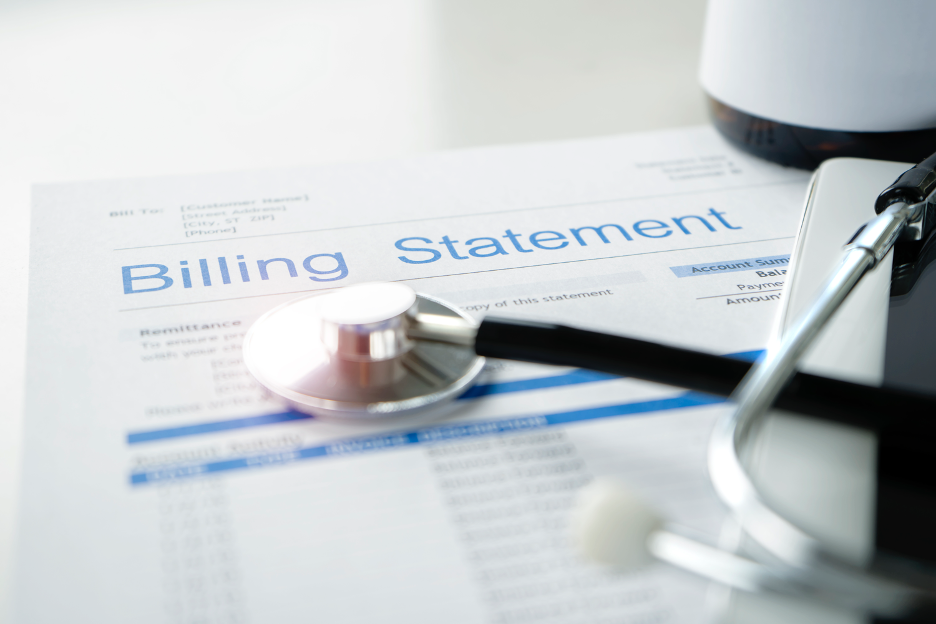If you have suffered an injury because someone else was not acting in a reasonable manner, it can be stressful to deal with the aftermath. On top of the physical pain, there are the seemingly never-ending medical bills to worry about. If you are filing a personal injury lawsuit to receive compensation for your injuries, it’s important to know what counts as “reasonable” medical expenses and how they affect your case. This personal injury attorney in Winter Haven, Florida is going to help you understand that distinction below.
First, why would you want to file a lawsuit?
If you get injured because of another person’s negligence, you can work with a personal injury attorney in Winter Haven, Florida and file a personal injury lawsuit to get compensation to cover different costs. These can include your medical expenses, lost wages, and the pain and suffering you have gone through.
Medical expenses are usually the biggest part of most personal injury claims. They cover the cost of everything from your hospital stays and surgeries to medications and all those follow-up visits with doctors. However, in order to get reimbursed for these costs, you need to prove that they were both necessary and reasonable, and that’s where things can get complicated.
What does “reasonable” mean in terms of medical expenses?
Reasonable medical expenses are exactly what they sound like (what seems fair and right to most people) but proving them in court can get a lot more complicated than you think. You need to prove that any treatments you received were directly related to the injury you sustained in the accident. You also need to prove that the costs for these treatments are in line with the standard for similar services in your area.
The Florida collateral source rule
Florida uses the “collateral source rule” when deciding what counts as reasonable medical expenses. This rule basically says that any compensation you get from sources other than the defendant (like your insurance) should not lower the amount that person has to pay you. So, even if your insurance covers some of your medical bills, the defendant still has to pay for the damages they caused.
Florida’s collateral source rule makes sure that the defendant does not get off the hook just because you had insurance to help cover the costs.
How do you strengthen your claim?
Proving reasonable medical expenses can be tough. When you are seeking compensation for your medical expenses, the defendant might claim that your medical bills are too high compared to what is normally charged for similar treatments. They might also argue that you should not be asking for money again since your insurance already paid your medical bills.
So, if you want to get the compensation you need and deserve, you need to provide strong evidence of your medical expenses. Here’s how you can do that:
– Keep all of your medical receipts and bills related to the injury you sustained in the accident to prove exactly how much you had to spend.
– Ask your doctors to give you detailed statements that clearly show that the treatment you received was necessary because of your injury.
– Handling all the details of medical expenses in a personal injury case can be confusing and stressful, to say the least. That’s why you should consult an experienced personal injury attorney in Winter Haven, Florida. Your attorney will help you collect the necessary evidence and present it in the best way to support your claim.
Looking for a Personal Injury Attorney in Winter Haven, Florida?
Are you ready to partner with a personal injury attorney in Winter Haven, Florida who can help you receive the compensation you deserve? If so, Tonya Stewart and her team at Tonya Stewart Law PA are here to help. Contact us today at (863) 279-4473 to schedule a free case evaluation.
